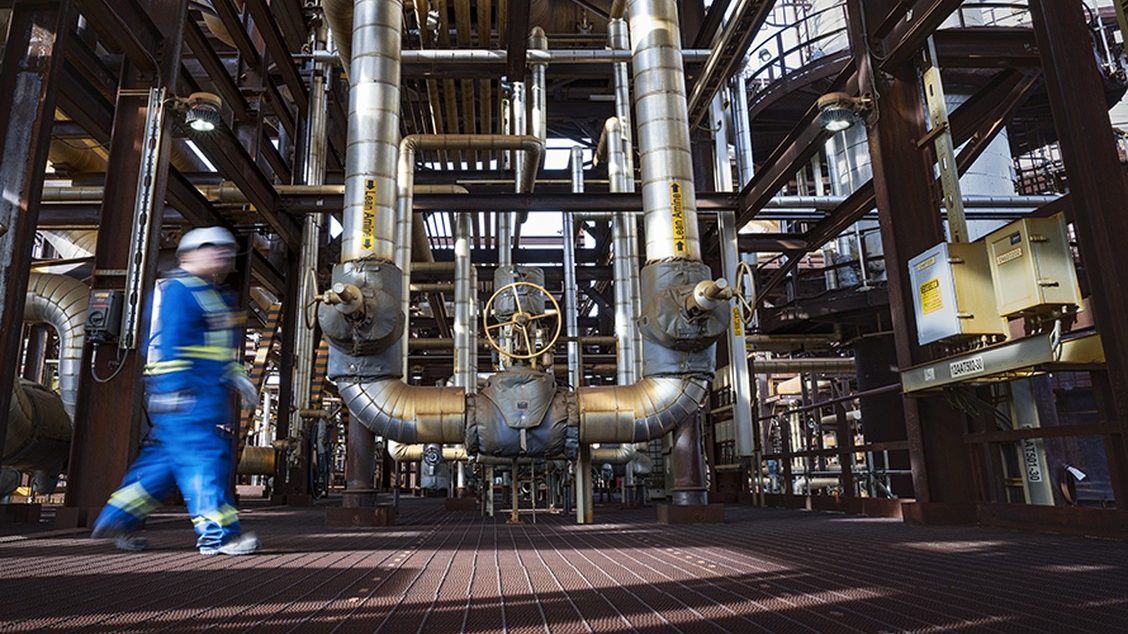
Carbon capture and storage (CCS) is a proven technology to reduce emissions from industrial operations.
As work to fight climate change accelerates, today there are more CCS projects in development around the world than ever before.
Led by Alberta, Canada has 48 new CCS projects that are moving toward realization, second only to the United States, according to the Global CCS Institute.
But developers say the projects are unlikely to get off the ground without certainty on so-called “carbon contracts for difference.”
But what is that? Essentially, investments in multi-billion-dollar CCS projects are based on the economics of carbon pricing. But the future of carbon pricing is political and uncertain. Carbon contracts for difference are one way to reduce risk to ensure these decades-long projects proceed.
Mark Cameron, vice-president of external relations with the Pathways Alliance explains what carbon contracts for difference are and why they are important.
CEC: What are carbon contracts for difference?
MC: Carbon contracts for difference are a policy instrument that allows project proponents to have a secure long term carbon price for their projects.
The way carbon contracts for difference would work is there would be an agreed strike price, which would essentially be a floor price on carbon. So even if carbon markets were trading below that floor price, the government or whoever is guaranteeing the contract would pay that additional price to the project proponent.
CEC: How do carbon contracts for difference help major CCS projects proceed?
MC: Major CCS projects have a 20 or 30-year lifespan, and they have ongoing operating costs for things like natural gas and electricity.
In order to have some guaranteed source of revenue to pay for the operating costs, the proponents are looking at carbon pricing: either the carbon credits that they use to comply with government regulations or carbon credits that they can sell on carbon markets.
The problem is the future trajectory of carbon markets is really not clear. Carbon contracts for difference can help ensure that there is a stable, predictable carbon price going forward.
CEC: What happens to major CCS projects without carbon contracts for difference?
MC: Without some guarantee of future revenue security, it’s hard to see a lot of projects being built. It doesn’t have to be a contract for difference, but there has to be some ongoing secure source of revenue. This is the mechanism that government seems most interested in pursuing.
The unaltered reproduction of this content is free of charge with attribution to Canadian Energy Centre Ltd.